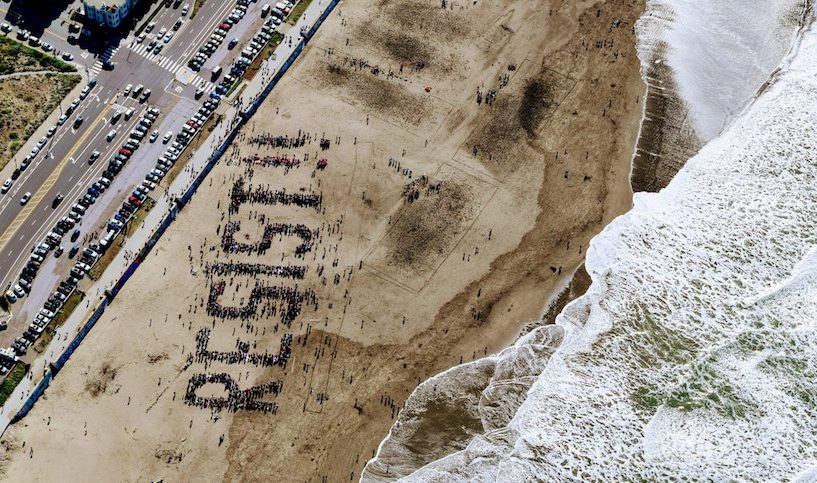“’Twas an old belief that once roamed this vile earth,
If thou art hurt, then proceed to equate,
An eye for an eye, tooth for a tooth, makes things worse,
Forgive or avenge, the timeless debate.” – a modernly old poet.
Basically, what the poet is discussing here is the logic behind the saying: Action = reaction. Which to me, in its entirety, sounds like a great idea for an article. Therefore, ladies and gentlemen here is my opinion which you should adopt blindly, because it was written in a magazine and posted on a website.
Growing down (because let’s face it, we’re always the youngest we’ll ever be), I always thought that if my friend hits me, then I should hit them back. If they hurt me, I should hurt them back, and if they ate my food… well, if they ate my food they would die. Although my mom tried deterring me from that mindset, ironically by smacking me on the hands whenever I smacked someone, I somewhat hung on to it, because to me it was the best way to serve instant justice.
Then, I grew down further, and I entered the professional market, only to notice the jungle that was created by this mindset that several people had adopted. You see, when you hurt you act from strong pride, but when you get hurt you act from your weak judgment, hence why you think it is unfair and demand justice immediately.
But here is what I learned: Behaving with grace during the hard times is not only what defines you, but it is also a very rare currency that people lost, and everyone is still searching for. You don’t believe me? Just mirror your horrible boss’s behavior and watch yourself get fired. It’s because even people, who themselves lack the strength to react well in hardship, look for those who can.
Rising above what is being done to you is the best strategy you can adopt. Very simply, when you consider the ‘eye for an eye’ route, this creates a situation where both people are unable to formulate a winning argument because they can’t see through the problem clearly. (Search for the pun and mention me online. If you find it, I’ll invite you to dinner.)
Remaining calm and reacting politely, always, always creates a platform for you to speak louder than whatever transgression was done to you. And while many argue that sometimes, the system is rigged against us, I found through my pretentious experience and readings, that trusting the system derived from logic will always remain your fastest track to victory.
Reaction is always a form of response, and we often think that equal response is the best reaction, without considering that equalizing the response to the transgressions creates two transgressions and no resolution whatsoever. This applies at work, at a football game, love etc… this applies anywhere.
If you’re measuring with intensity, then definitely staying calm is superiorly inferior to the action. But if you measure in justness and morality, it exceeds it by ten folds in a jiffy. And yes, this whole article was another way to say “love wins over hate” or “combat hate with love: you’ll never hate loving love, but you can love hating hate” and that last quote is mine. But it’s applied more into other aspects of life, because you don’t have to love your job to do it ethically, but you will have to love your ethics so much to stick by them when you’re hating your job so much.
Ethics are rare, sought after, and rarely found. Ethics make people love your presence even if they make you hate theirs, which also feeds into your ethics cycle and keeps it growing because you keep doing the right thing.
So, any given reaction should always be inferior to the action and never equal or above…cool? Now, if you didn’t like my article, rise above it and just carry on, because if you come hating on my socials, I will…. Respond with love….or not… I’m very moody.
P.S: that poem excerpt up there is mine, wrote it on a plane… and it’s plain right.
George Tarabay is a marketing expert/comedian/ Podcaster. Follow him on Instagram @GeorgeTarabay, Facebook.com/Georgethecomic, and on Youtube/ GeorgeTarabayComedy. Listen to his latest podcast on soundcloud.com/George-tarabay.
Photo by Tim Gouw on Unsplash.











